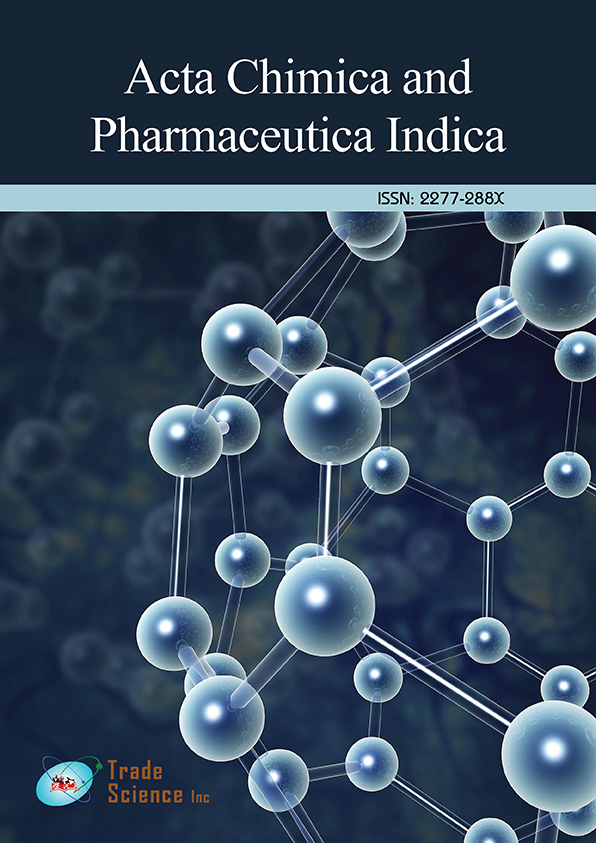Abstract
Investigating the role of a novel metabolite in Breast cancer progression and brain metastasis
Author(s): Tapasree Roy SarkarBreast cancer is the second leading cause of cancer deaths in American women. A large number of patients exhibit severe cardiotoxicity, and distal metastasis after completion of therapy. Among the various breast cancer subtypes, triple-negative breast cancers (TNBCs) is a poorly differentiated, aggressive subtype. It was reported that about 10-15% of women with stage IV breast cancer develop brain metastases (BM). These considerations underscore the urgent need to develop novel treatment for aggressive breast cancer. In recent years, vitamins and their derivatives are gaining prominence in anti-cancer strategies. In this study the anti-cancer activities of a vitamin derivative/metabolite, lumichrome has been identified. Our preliminary data showed that TNBCs (MDA-MB-231 and SUM 159) treated with lumichrome decreased invasion and motility properties as compared to control parental cells. Western blot analysis and immunofluorescence, showed a decrease in vimentin (epithelial to mesenchymal transition or EMT marker) protein levels in lumichrome-treated cells. We observed significantly decrease of the cancer stem cell (CSC)-associated cell surface marker, CD44 and a markedly decreased mammosphere-forming efficiency, indicative of diminished self-renewal capacity, in lumichrome-treated cells. Lumichrome was found to induce mTOR signaling pathway in the studied cells. Using cardiomyocytes cells, our study also showed that lumichrome inhibits cancer progression without any cardiotoxic effects. A novel targeted-nanodelivery system has been developed and will be used to carry and deliver lumichrome to the tumor and the BM. Our current and future study will show the effect of lumichrome treatment on metastatic growth, and will also investigate the molecular mechanisms underpinning the inhibition of EMT by lumichrome. We anticipate that the results from these studies have will have an immediate impact on developing a new and effective treatment for metastatic breast cancer. The outcome of this study, therefore may help to improve the quality of life and mortality rate of the cancer patients.
